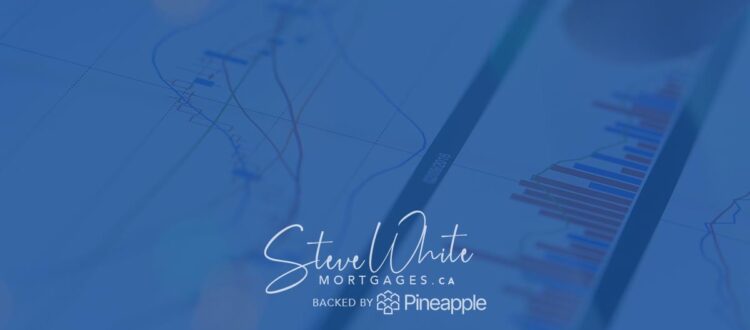How the Interest Rate Hikes Are Really Impacting Investors – Part 2
This is the second of a four-part series, I will break down how investors can and should look at the interest rate hikes and how it affects them. I will show you that you need to take a deeper look at how the rate change affects you and how you can’t just compare a 2.75% rate 6 months ago to a 4.75% rate today. Smart investors know that they’re not really paying 2% more and over the next couple weeks I’ll show you how.
But if you’re like a kid at Christmas and just can’t wait, you can book a 30-minute investor strategy call here and I’ll break it all down for you at once.
So let’s look at the second way that changing interest rates will affect investors.
#1 Selling Price
Remember that the purchase price for our example was $750,000…
August 2022
- Property price – $750,000
- Down payment – $150,000
- Mortgage amount – $600,000
- Mortgage interest rate – 4.5%
- Mortgage payment – $3,025.29 (30-year amortization)
- Rental income – $4,050
- Property taxes – $320
- Repairs/maintenance – $150
- Vacancy – $110
- Total cashflow = $444.71
With the increase in interest rates and natural cooling of the market during the summer months, there are several reports of house prices selling for around 20% less than six months ago.
Please note that this is an average that takes into consideration that not only had properties seen a 23% jump in the previous few months, but also that it’s a mashup of all houses selling from all markets – from condos, investment properties and mega mansions. We know that certain types of properties such as those over $3 million don’t sell as often or quickly when there’s interest rate increases or consumer uncertainty; so not having many of those sales included will also pull the average selling prices down quite a bit.
I’m going to be a bit conservative and estimate that with multiple offers and a bit of a ‘buying frenzy’, that property would have sold for $875,000. So let’s redo the numbers and see how the cashflow would be different with a higher purchase price (and higher down payment) with the lower interest rate.
February 2022
- Property price – $875,000
- Down payment – $175,000
- Mortgage amount – $700,000
- Mortgage interest – 2.75%
- Mortgage payment – $2,851.90 (30-year amortization)
- Rental income – $4,050
- Property taxes – $320
- Repairs/maintenance – $150
- Vacancy – $110
- Total cashflow = $918.10
So the higher sale price has made a dent in what our cashflow, but on face value it’s still much better than paying 2% higher interest rate.
Next week we’ll step back a bit and look at how the third way increased interest rate affects an investor and the overall portfolio.




